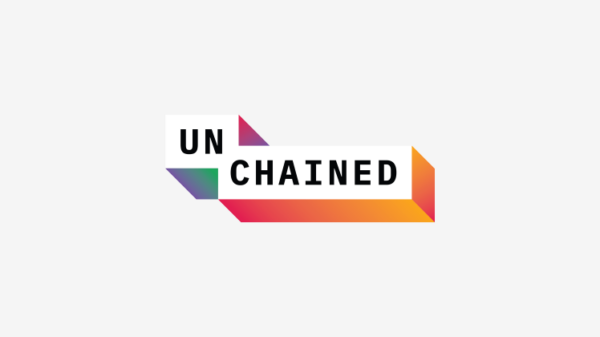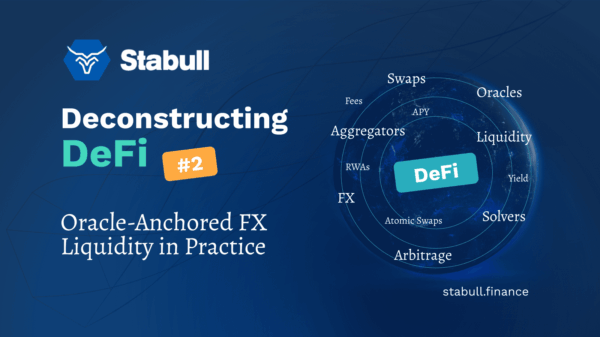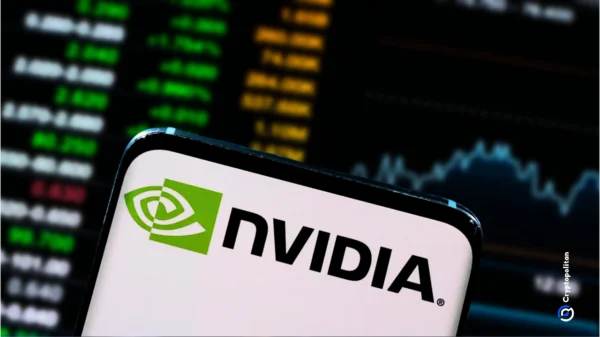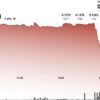In a significant move that underscores the growing institutional interest in cryptocurrencies, Harvard University”s endowment has dramatically increased its holdings in the iShares Bitcoin Trust (IBIT). As of September 30, the endowment reported owning 6,813,612 shares valued at approximately $442.8 million, reflecting a remarkable 257% rise from the 1,906,000 shares disclosed at the end of June.
Additionally, Harvard has also ramped up its exposure to gold, revealing a holding of 661,391 shares in the GLD gold ETF valued at about $235 million. This represents a nearly 99% increase from the 333,000 shares reported earlier in the year. These filings indicate a strategic shift in asset allocation, with Harvard now placing significant weight on both Bitcoin-linked ETFs and gold.
The latest 13F filing marks IBIT as Harvard”s largest single disclosed position, surpassing its major technology holdings. The substantial increase in shares, totaling 6.81 million, demonstrates Harvard”s commitment to diversifying its asset portfolio, particularly in the face of ongoing volatility in the cryptocurrency market.
Harvard”s decision to bolster its Bitcoin and gold ETF holdings is noteworthy, especially given the recent turbulence in the crypto sector and the considerable outflows from spot Bitcoin ETFs. By opting to increase its stake during this market phase, Harvard provides a critical data point for other institutional investors monitoring large-scale movements within the crypto-linked asset space.
This strategic allocation does more than signify a change in Harvard”s portfolio; it may also influence the broader institutional narrative surrounding Bitcoin and cryptocurrency ETFs. Historically, university endowments have been cautious in their approach to digital assets. However, with this substantial investment, Harvard could be setting a precedent that encourages other institutions to consider similar allocations.
Moreover, the concurrent increase in gold holdings may reflect a balanced approach to asset allocation that seeks to capitalize on growth potential while hedging against macroeconomic risks. The dual focus on Bitcoin and gold indicates Harvard”s recognition of the evolving landscape of alternative assets.
As institutional investors continue to navigate the complexities of the cryptocurrency market, Harvard”s actions may serve as a stabilizing factor for Bitcoin ETFs and contribute to the broader acceptance of digital assets among traditional investors.















































































